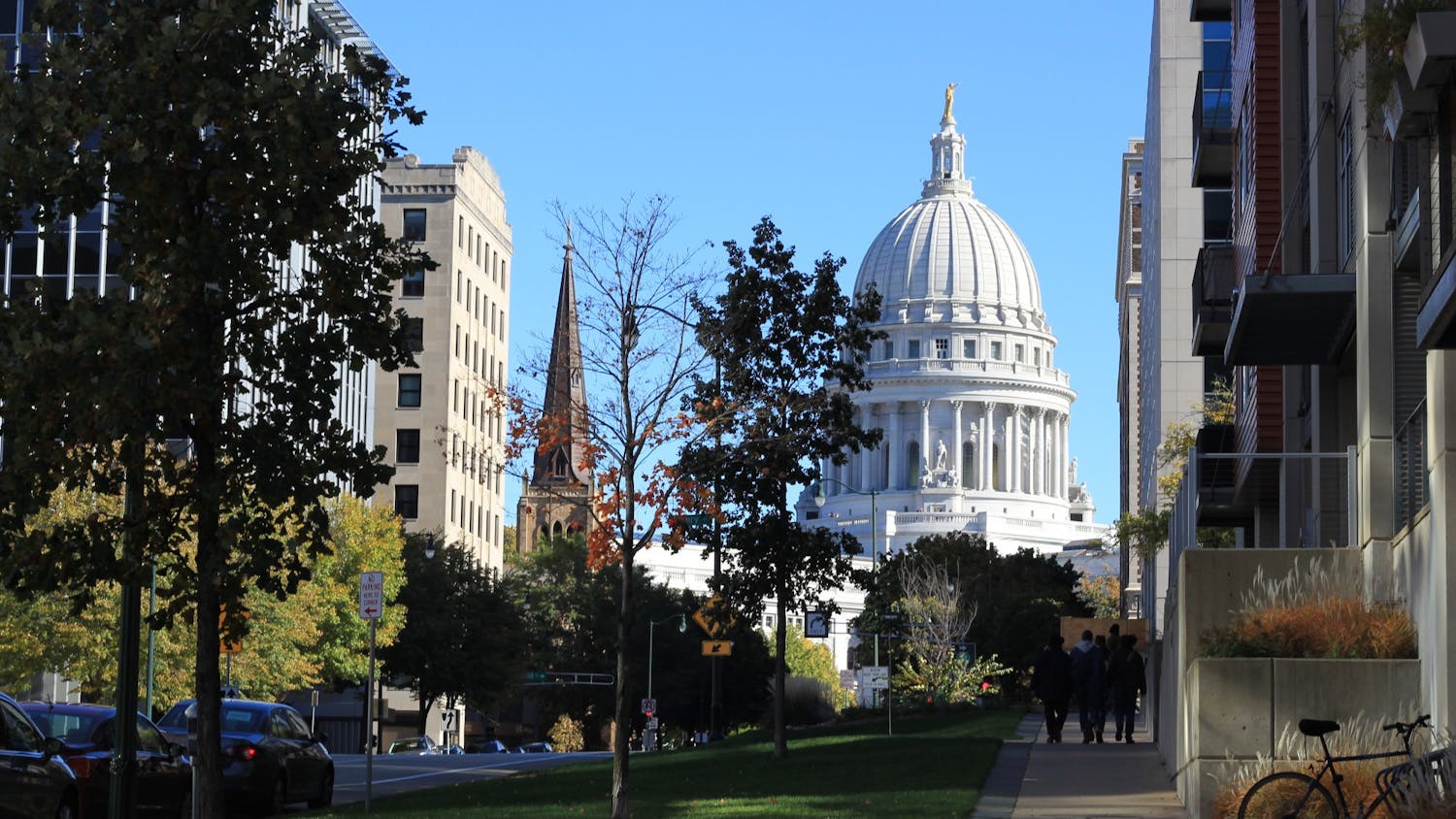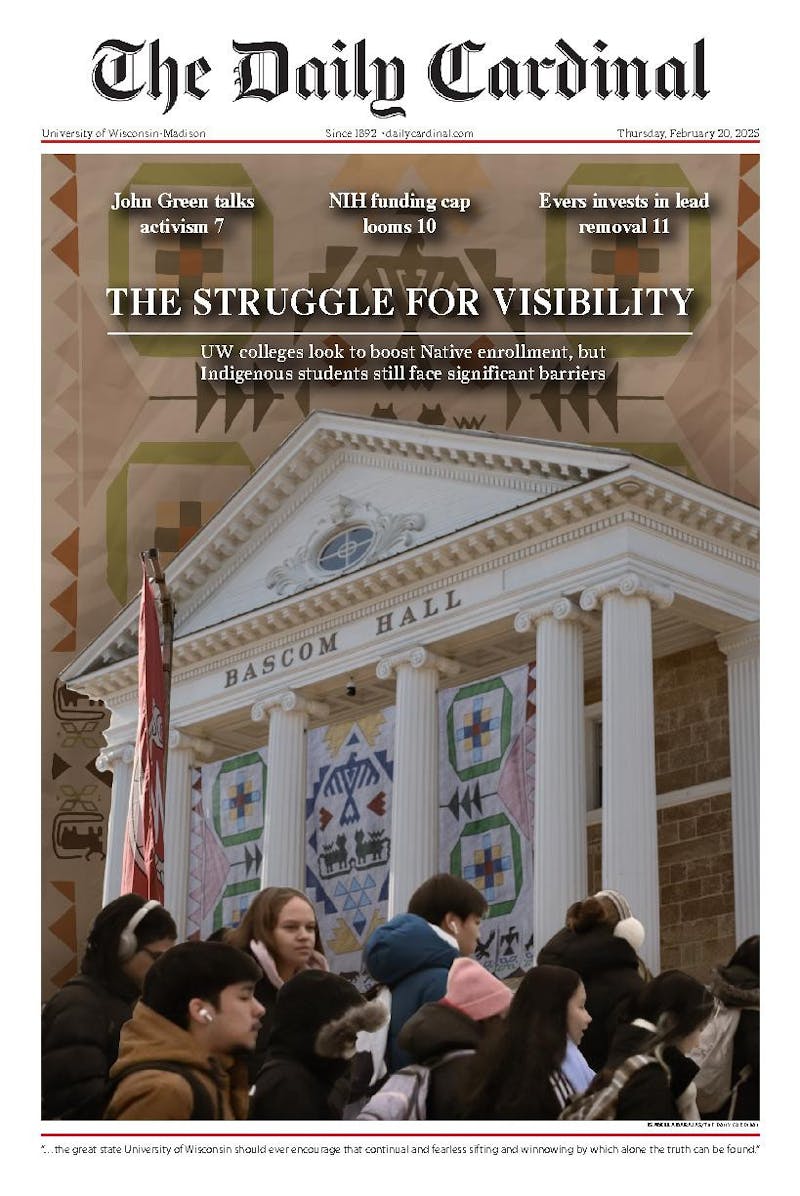Anti-war demonstrators hosted a panel discussion Wednesday in Grainger Hall in honor of the 40-year anniversary of the Dow riots held on UW-Madison's campus.
In 1967, students protested the Dow Chemical company's involvement in the Vietnam War.
Paul Buhle, a former Dow protester, described the 1967 event as the first sign of Madison's developing anti-war voice that characterizes campus today.
Wisconsin was a place where anti-war people could speak,"" Buhle said. ""If you were going to hold onto that precious sentiment of free speech, you had to let everything else go.""
Vicki Gabriner, another 1967 protester, spoke about her arrest at the Dow riots.
""I don't actually remember the moment I was grabbed, but at some point '¦ two Madison police officers grabbed me one on each arm to arrest me,"" Gabriner said. ""I instinctively dug in my heels and refused to go quietly.""
The panel discussed how the Dow riots were one of the first anti-war movements to inspire similar actions on other college campuses throughout the country.
""It is very important to understand that student involvement and anti-war protests had a great impact and historical significance,"" Buhle said. ""We felt we were trying to defend the university even more than the other administrators.""
Panel member Frank Emspak discussed how the actions of Civil Rights movement demonstrators influenced attitudes of UW-Madison students and motivated them to act.
""That whole mobilization shifted the political balance in the city,"" Emspak said.
""[During] the riots we discovered that we were pretty isolated. The Dow incident I think motivated everybody to go out and '¦ break the isolation of the campus.""
Gabriner stressed the importance of learning through major historical events.
""The present becomes the past, the past must speak to the present, and memory is about the future,"" Gabriner said.





